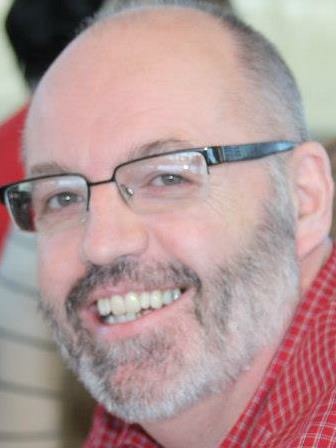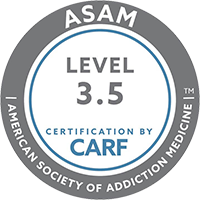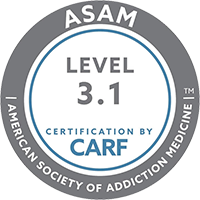Rich Goddard, LPCC

Why do I constantly find myself relapsing after a few months of sobriety? Why can’t I seem to let go of things from the past? Why do I feel anxious and feel the need to control?
If you have experienced trauma in the past it may seem once you are starting to obtain your sobriety, images, actions, feelings and emotions begin to surface. Trauma that has been medicated by food, substances, relationships, sex will begin to surface. This is normal. The U.S. Department of Veteran Affairs estimate more than 12 million people in the U.S. suffer from trauma every year. Their research uncovered 6/10 males and 5/10 females suffer from a form of Post Traumatic Stress Disorder (PTSD).
The Beach Ball Effect

Have you ever sat in a swimming pool and tried to hold down a beach ball?
After a short time the beach ball flies out of the water and splashes everyone around us. Unprocessed trauma can push emotions to the surface when we stop medicating the trauma.
Sights, sounds, situations can trigger trauma from the past. Our common next step is stress reaction.
Our brain kicks in high gear and the nervous system signals that we are in danger and begins to process how to escape the situation.
Misplaced Connections

Trauma has the ability to disconnect us from ourselves, feelings, and each other.
You may see someone you know who has suffered or suffers from trauma shut theirselves off from the world around them.
Healing comes when we begin to replace those connections in healthy ways.
There is Hope to Defeat Trauma

Steps to healing from trauma
- Safety and stabilization stage: Being in safe places and learning coping skills like treatment and groups.
- Processing Trauma- Working with counselors after safety is stabilized to process the traumas to prevent constantly reliving them.
- Rebuilding Connections- Learning trust in safe relationships and rebuilding healthy connections.

Rich Goddard is an LPCC who specializes in PTSD utilizing the brain to heal the the brain and restore to health. He has been in recovery for sexual addiction for 21 years. He is a PTSD survivor of sexual trauma and believes the most important part of PTSD is the healing and hope that treatment can offer.





